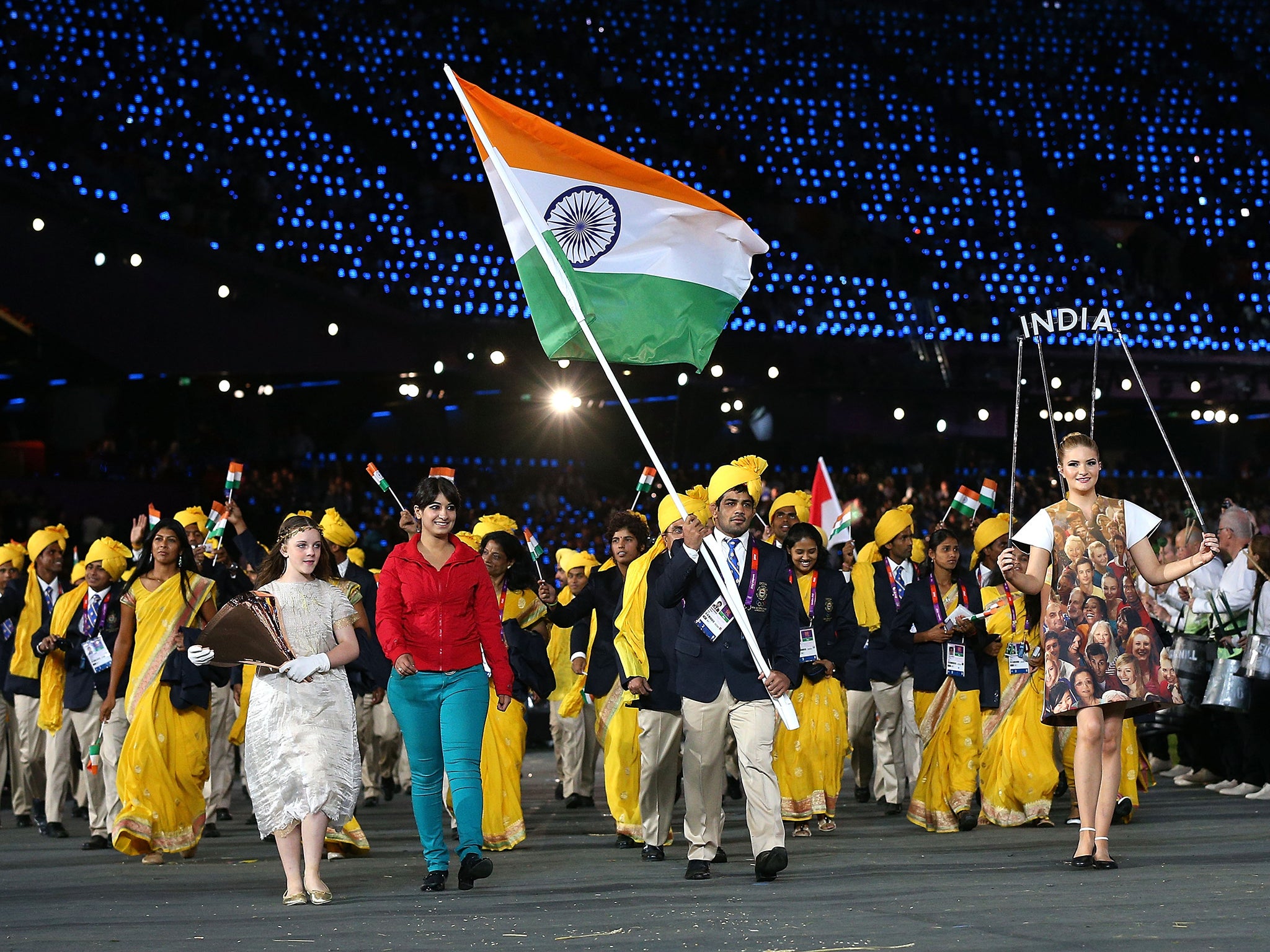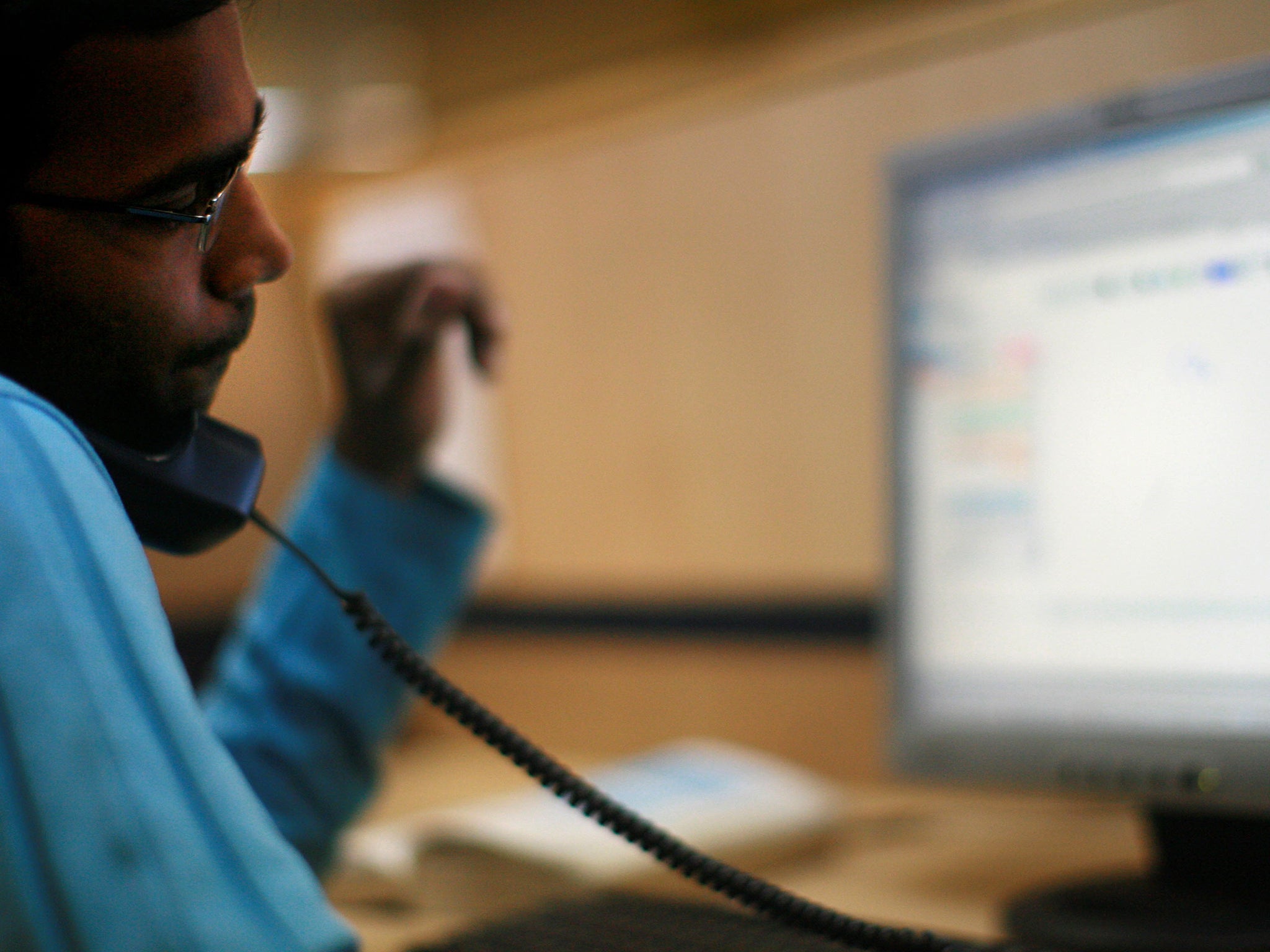UK-India relations: 'Colonial mindset' harming British trade with India
Barriers remain to a closer relationship, with a 'growing disconnect' between the two nations

Ignorance of India among young Britons risks jeopardising the special relationship between the two countries, and could see Britain losing out as a result, a major new report has warned.
Britain needs to exploit its links with India to become its preferred partner in business and other fields before the increasingly powerful commonwealth country turns its attentions elsewhere, according to the British Council report. It comes ahead of Indian Prime Minister Narendra Modi’s first visit to Britain next month.
But barriers remain to a closer relationship, with a “growing disconnect” between the two nations. There is a “growing sense of frustration in India as some feel that a colonial mindset still lingers with some people in the UK, as at times it appears that India is still not perceived or treated as an equal,” it says.

Sajid Javid, business secretary, writing in the foreword, warns: “a shared past is not enough to keep a relationship going” and claims that today’s generation of Indians “may begin to disengage if their interest is not reflected by the young British people that they come into contact with.”
The report details new Ipsos Mori research which reveals one in three of young Indians surveyed had visited the UK, and one in five had done business with Britain.
In contrast, just nine per cent of their British counterparts had been to India and only eight per cent had done business there.
While 74 per cent of Indians knew ‘a great deal’ or ‘a fair amount’ about the UK, 21 per cent of Britons said the same about India.
Almost one in three Indians view people in the UK as being “ignorant towards people from other countries.”
The number of Indian students choosing to study in Britain has dropped dramatically in the past five years, according to the report.
And the UK has gone from being one of India’s top trading partners in 1999 to 18th in 2015.
Increasing competition from other countries “means that the UK cannot afford to be complacent,” and it concludes that Britain needs to act swiftly to strengthen its relationship with India.
A greater focus on Indian history and culture in the school curriculum and more support school exchanges and visits to India are among the report’s recommendations.
“India will be one of the most important countries globally of the 21st century,” commented Rob Lynes, The British Council’s director in India. Unless this is recognised “we won’t just miss out, but risk getting left behind,” he added.
And Virendra Sharma MP, chair of the All Party Parliamentary Group on India, said: “If more is done to promote a modern future relationship it will mark the foundation of the most prosperous union of the 21st Century. If we let the friendship fall apart through inaction it will benefit no one.”
India: A global powerhouse
India is set to be the world’s second largest economy within the next 35 years, and by 2050 could have a working age population bigger than China and the US put together. It exports software to 90 countries, and has the world's largest film industry. By 2020 India will have 27.8 million people staying on after secondary school, more than the 20m forecast for the US. Its population is expected to overtake that of China in 2028 and India’s Gross Domestic Product (GDP) could reach more than £6 trillion by 2035. In terms of purchasing power, India’s share of world GDP is predicted to reach 13.5 per cent by 2050 – bigger than that of the EU and the US.
Join our commenting forum
Join thought-provoking conversations, follow other Independent readers and see their replies
Comments
Bookmark popover
Removed from bookmarks